What Is a Caregiver? A Guide to Caring for Loved Ones
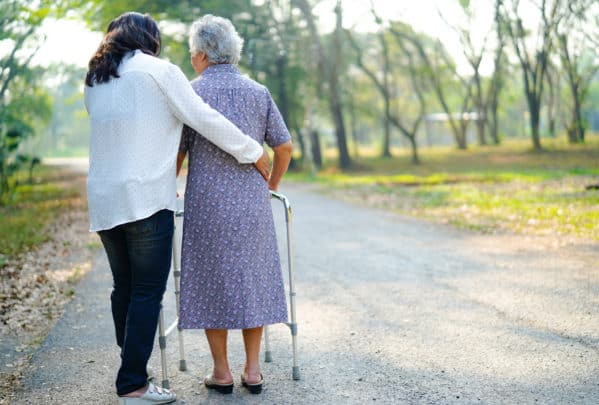
While we can broadly define a caregiver as someone who provides emotional or physical support to another person, this role takes on many forms, particularly in eldercare. On one end of the spectrum, you’ll find custodial caregivers who –– among other duties –– might cook, clean, and provide company for a client. On the other hand, there are professional or “skilled” caregivers who are legally authorized to perform medical assistance.
Whether you’re looking to find a caregiver for a loved one or to become a caregiver yourself, it’s essential to know the ins and outs of this profession to find the most suitable path for your needs.
Types of Caregivers
There are different ways to break down the categories of caregivers; however, they generally fall into one of four categories:
- Volunteer caregivers are unpaid individuals who wish to provide nonmedical assistance to members of their community.
- Family caregivers are individuals who provide varying levels of assistance to a parent, spouse, or other members of their family.
- Nonmedical caregivers typically work for an agency, and they usually provide similar care to that of a family caregiver.
- Skilled caregivers hold some type of degree or certification, allowing them to provide medical care.
For more details, see the chart below.
4 Types of Caregivers
| Volunteer Caregivers | Family Caregivers | Nonmedical Caregivers | Skilled Caregivers |
|---|---|---|---|
|
|
|
|
Duties of a Caregiver
It’s important to remember that caregiving is not a one-size-fits-all profession. One person may only require transportation to doctor appointments, while others may require frequent supervision and assistance.
Specifically, caregivers may help by:
- Providing transportation to medical appointments or the grocery store
- Purchasing and managing medications
- Monitoring medical conditions (ex: diabetes, COPD or dementia)
- Communicating with medical professionals
- Facilitating interactions with providers and agencies
- Assisting seniors with getting in and out of bed, dressing, bathing and toileting
- Aiding in housework and chores
- Preparing meals
- Managing finances and insurance

Who Can Become a Caregiver?
Anyone with a passion for helping other people can become a caregiver. With that said, the different types of caregivers require different skills, certifications, and fees, depending on level of care.
At TheSeniorList.com, we help prepare caregivers for the challenges and rewards of caregiving. To get started, take a look at our helpful guides:
- How to Become a Caregiver
- How to Get Paid to Be a Caregiver
- Which States Pay Family Caregivers?
- How Much Do Caregivers Make?
- Cost of 24/7 In-Home Care
- What Is Caregiver Burnout?
- National Family Caregivers Month
Hands-On Caregiving Guides
Additionally, throughout my years of experience as a caregiver, I’ve written these practical guides to help get you started. While you’ll need certifications to perform more advanced tasks, these tips can help you get started with caring for a friend or a loved one.
Home Safety Modification and Devices for Seniors
Particularly if you’re caring for someone in their home, it’s important to ensure that they have the proper equipment to ensure their safety. Products such as handrails, grab bars, non-slip flooring, and better lighting throughout the home help people move safely and provide caregivers with greater peace of mind.
Additionally, there are some other devices and modifications to consider.
Bathroom Safety
One of the primary areas to assess for senior safety is the bathroom. Hard tile floors are often slick. And those with mobility issues may struggle with the balance and strength necessary for getting in the shower or sitting on the toilet. In fact, a majority of falls among all age ranges occur in the bathroom. A safe and accessible bathroom can help prevent frightening falls that create long-term health issues.
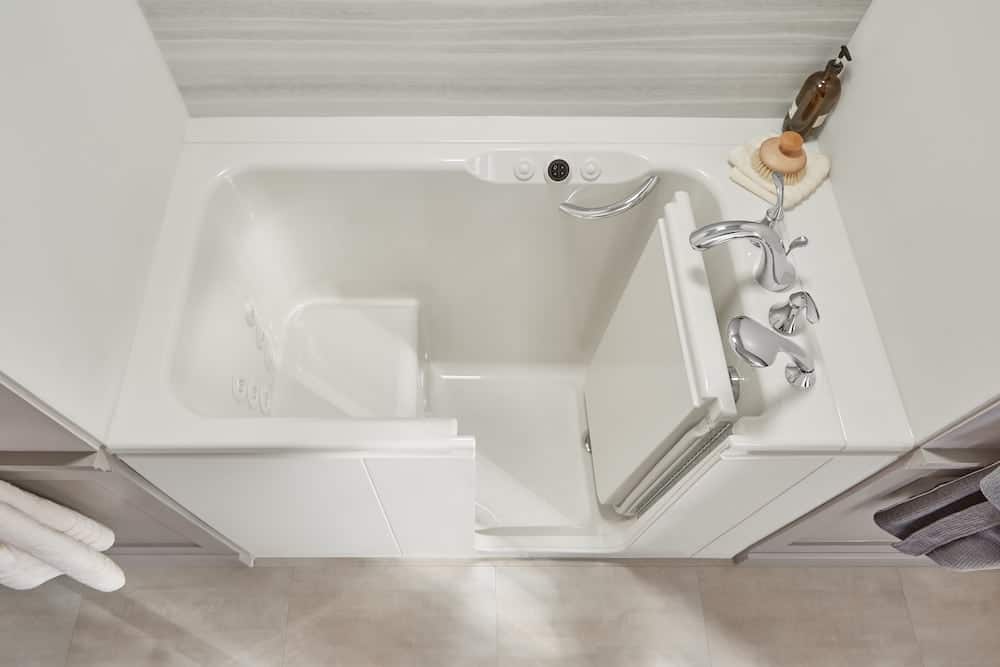
If you’re looking to make a bathroom safer, consider looking into the following guides and lists:
Mobility and Safety
People with mobility issues have special needs, as do the caregivers who assist them. TheSeniorList.com is an excellent place to learn more about mobility devices of all kinds, the best places to purchase them, and which features to look for. We offer up-to-date information about walking canes, walkers, power chairs, traditional and motorized wheelchairs, and stair lift devices.
![What Is A Stairlift? [Stair Lift] What Is A Stairlift? [Stair Lift]](https://www.theseniorlist.com/app/uploads/2018/04/what-is-a-stairlift-stair-lift.jpg)
Wheelchairs and Motorized Scooters
Those with mobility issues may require a wheelchair or motorized scooter to get around the house. A wheelchair or scooter gives older adults greater independence, and they often have features like cupholders, all-terrain wheels, and long battery life spans that fit the budgets and needs of most users.
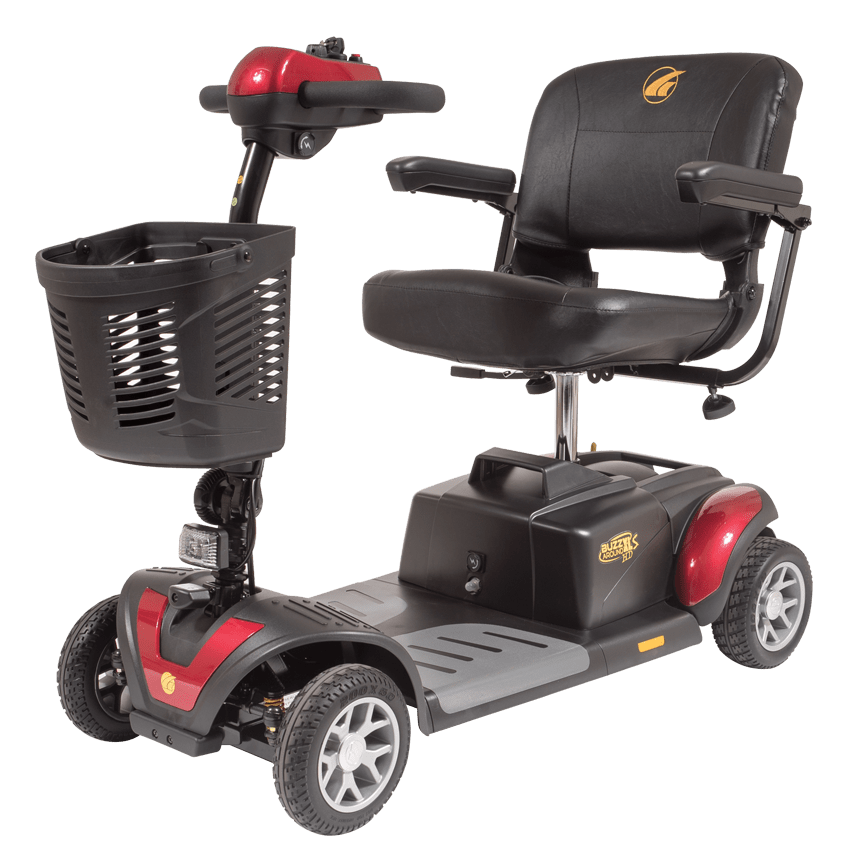
Home Modifications
Home modification may be necessary for those with mobility issues. These may include building ramps and stair rails leading to entryways or installing wider doors and hallways for scooter usage. Lowering cabinets and adding grab bars in kitchens and bathrooms may also ease activity in these spaces.
Assistive Technology for Seniors
Technology can help keep your loved one safe, especially when a caregiver can’t be around. If your loved one is hoping to age in place, then you might want to consider the following devices.
Medical Alert Systems
More so than any other piece of technology, a medical alert device can be a great tool to ensure that, in the event of an emergency, your loved one can find help even if no one else is around. Through a combination of medical alert bracelets and loud speakerphones, these devices connect users to first responders.
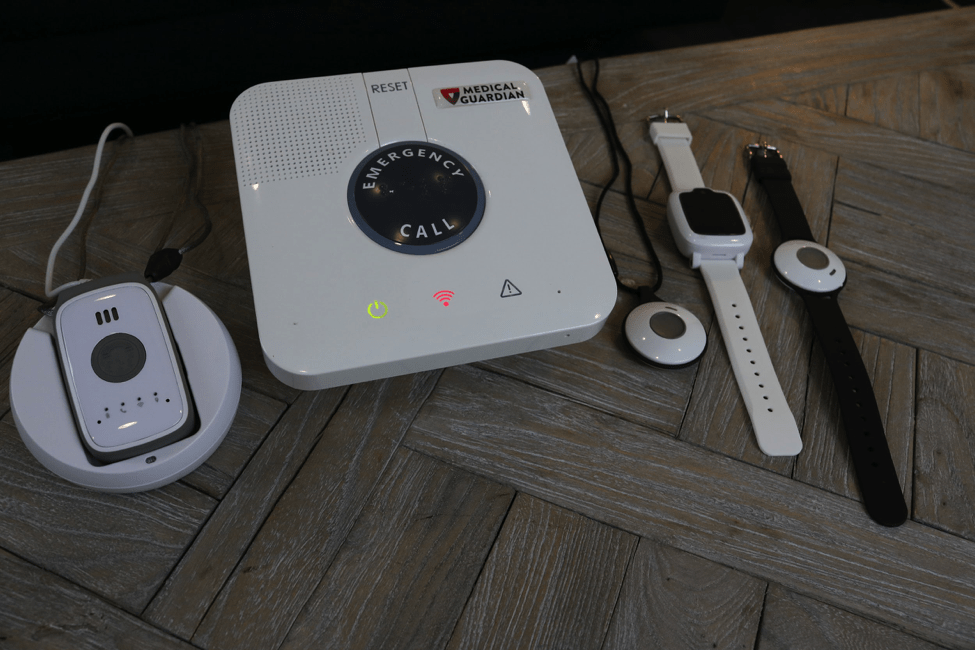
To learn more, check out my lists of this year’s best medical alerts and medical alert watches.
Smartwatches
Some exciting technical advancements include smartwatches for seniors that monitor fitness, nutrition, medications, and sleep. These are often less costly than medical alert systems (though with less functionality) and provide users with real-time health information.
Smartwatches can also send medication alerts, along with directions on how to take them. Additionally, they can monitor vitals such as heart rate, temperature, and blood oxygen levels — which can then send that information to an app where a caregiver can check it.
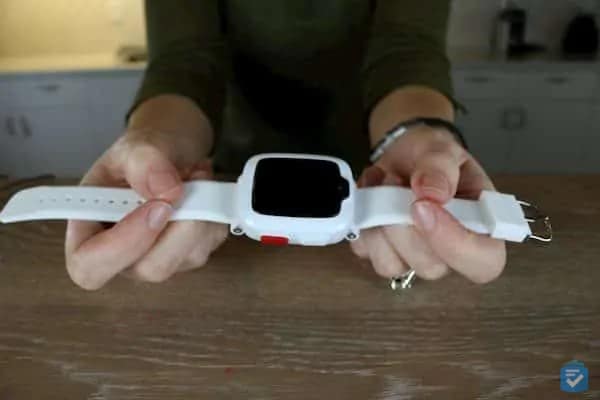
Medication Dispensers
Many older adults take an assortment of daily medications. Some of these medicines need to be taken with food or at various intervals. Keeping track of these medications can be hard for people of all ages. As a result, 1.3 million people are injured each year by improper dosing. Luckily, technology can assist with responsible medication management.
Pill dispensers are available with a variety of models and features to help alleviate this problem. Medication dispensers can hold up to 90 days of pills, sound an alert when the medication needs to be taken, push notifications to personal cell phones and caregivers, and provide security features so pills may not be tampered with.
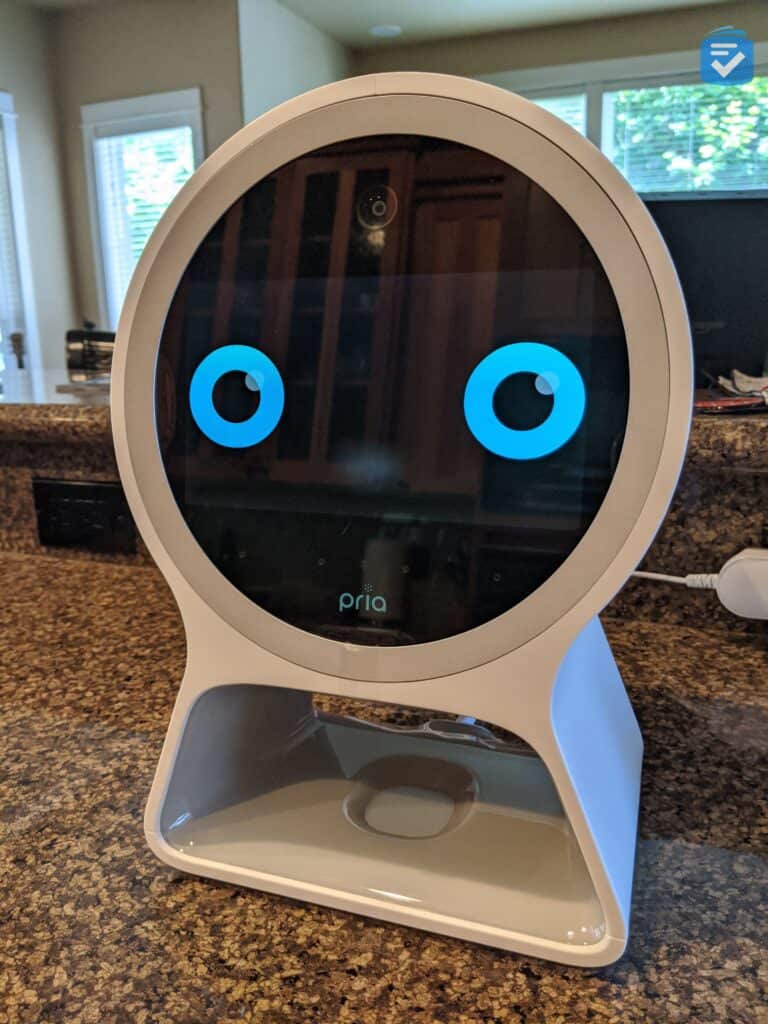
To learn more, check out our list of this year’s best medication dispensers.
Getting Started
Entering the world of caregiving can be daunting. It may be hard figuring out the intricacies of purchasing new medical equipment, modifying your home, responsible estate planning, or simply finding “me time” in your new schedule.
While becoming a caregiver is certainly an adjustment, you don’t have to do it alone. We provide in-depth guides and reviews to help you figure out solutions to complex problems that meet your specific needs at a price that fits your budget.
Caregivers Frequently Asked Questions
-
What is the role of a caregiver?
A caregiver is anyone who provides for the physical or emotional well-being of a person who cannot do so for themselves. While caregiving is often in reference to older adults, caregivers can also provide assistance to anyone who needs help following an injury or experiencing a disability.
-
What is classified as a caregiver?
Almost any form of emotional or physical care can classify someone as a caregiver. This can range from a skilled nurse who administers medication to a neighbor who helps out with cleaning and cooking.
-
What should a caregiver not do?
Unlicensed caregivers should refrain from administering medications, provide medical advice, or provide any form of medical care. Not only could doing these things result in harm to your loved one, but they could also make you legally liable for resulting injury.
-
How long is a caregiver course?
Since there are different types of caregivers (both unskilled and professional), there is no sole course for caregivers. For example, there are online caregiver certification courses that can be completed in 10 hours, whereas becoming a certified home health aide will require more extensive coursework.
-
What is the difference between a caretaker and a caregiver?
While these two words are often used interchangeably, “caretaker” can refer to someone who cares for a building or environment as well as a person, whereas a “caregiver” is only someone who cares for another person.

